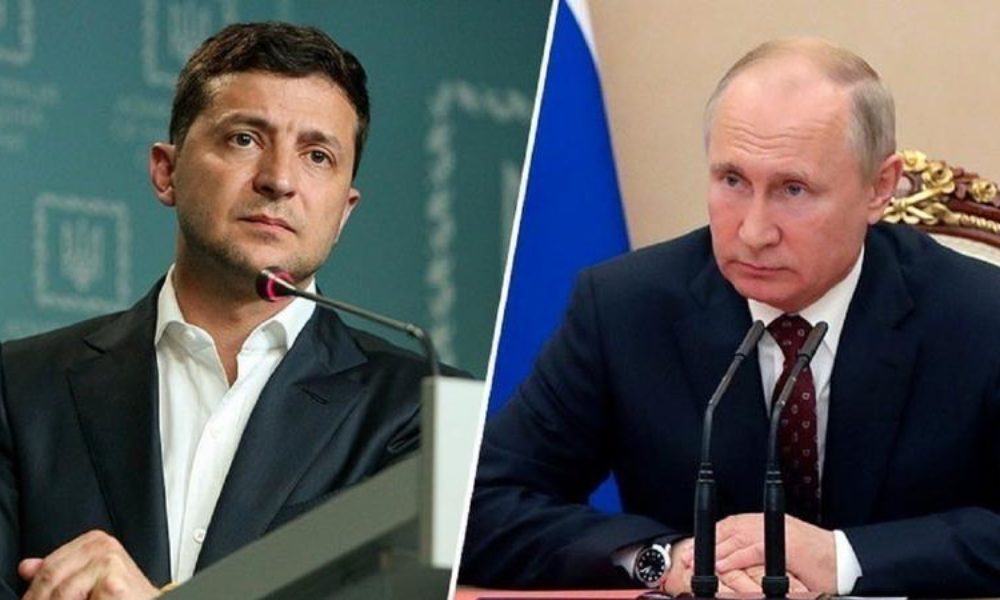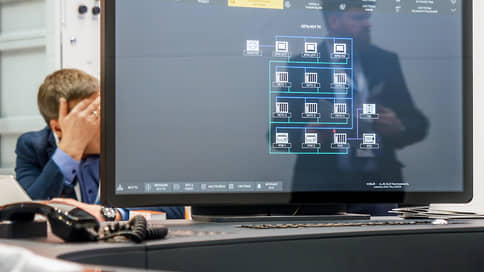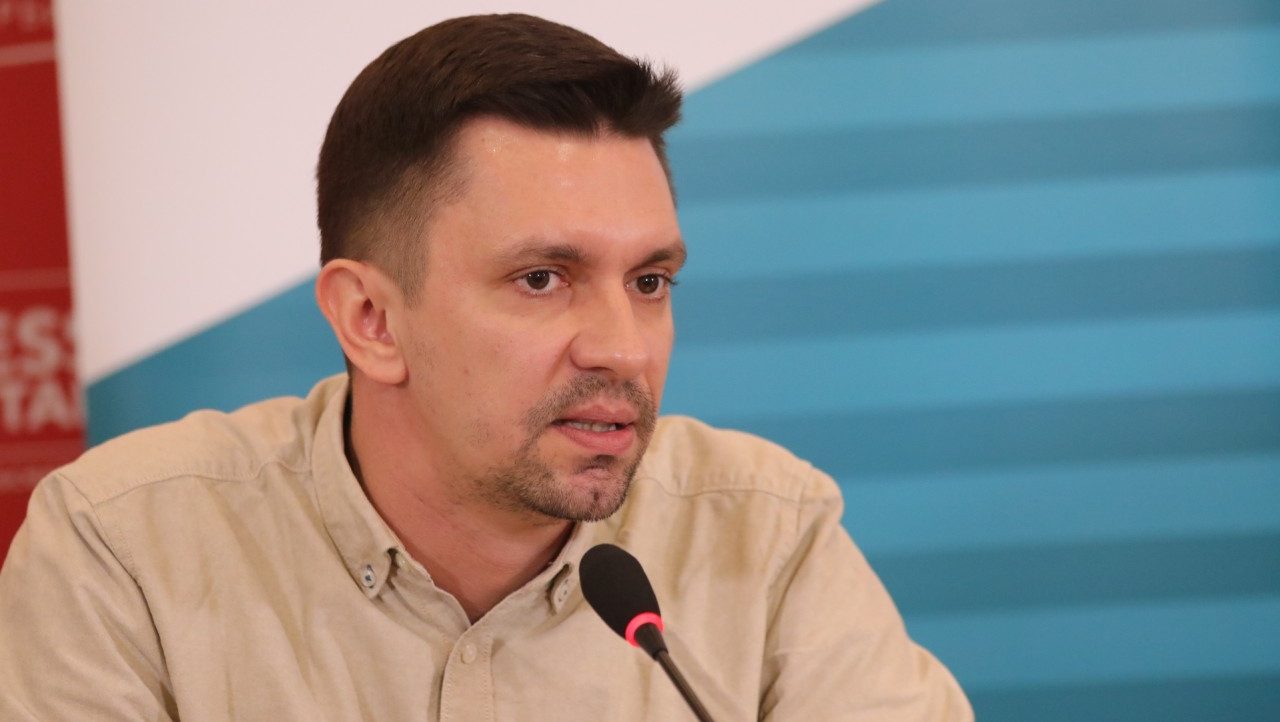Dutch Data Protection Authority critically on changes that Minister Bruins wants to make to the archive law
/s3/static.nrc.nl/wp-content/uploads/2025/05/27145400/web-2705BINarchiefwet.jpg)
The Dutch Data Protection Authority is quite critical of the proposed changes of Minister Eppo Bruins (NSC, Education, Culture and Science) to the Archive Act. The supervisor states based on a mandatory legislative test In a advice published Tuesday That Bruins’ intended adjustments are at the expense of the protection of sensitive personal data in archives.
The issue revolves around the Central Archive Special Judicial Court, the largest war archive in the Netherlands, with criminal records of 425,000 people who were investigated for collaboration with the Germans shortly after the Second World War. Part of this are official reports, witness statements and personal letters. The National Archive wants to make the register public and online.
What makes complete disclosure so sensitive is that the archives also contain privacy -sensitive information from people who are still alive. According to the AP, this is « hundreds to several thousand people »-the offspring of NSB parents, for example. For that reason, Minister Bruins decided to postpone full disclosure at the end of last year, also after a warning from the AP.
Nevertheless, Bruins now wants to arrange through a change in the archive law that the CART will be fully searchable in the long term. The AP believes that the bill is going too far. « In fact, the legal protection of the personal data of living people in many sensitive archives » and pushes the responsibility on to archive institutions. They will soon be able to determine which information will be online, without clear guarantees or boundaries from the (democratically elected) legislator. Moreover, fiddling with the archive law does not only have consequences for the CACT, the AP says to NRC« But also for files regarding Srebrenica, MH17 and the flood disaster. »
And so the AP believes that there should be strong rules in the law to protect the privacy of living people. For example, by stipulating that only people with good reason – such as relatives, journalists or researchers – get access to sensitive data. There should also be technical measures, such as a ban on copying and shielding information that falls outside a search.

/s3/static.nrc.nl/images/gn4/stripped/data133264194-e515bb.jpg)
/s3/static.nrc.nl/images/gn4/stripped/data133260667-a80a4d.jpg)
/s3/static.nrc.nl/images/gn4/stripped/data133218600-71999c.jpg|https://images.nrc.nl/jZ0KwCKFQ1UcWVgA-El41luLXTA=/1920x/filters:no_upscale()/s3/static.nrc.nl/images/gn4/stripped/data133218600-71999c.jpg|https://images.nrc.nl/2-g169YvXAVw79QfRqjLYcBypNo=/5760x/filters:no_upscale()/s3/static.nrc.nl/images/gn4/stripped/data133218600-71999c.jpg)



